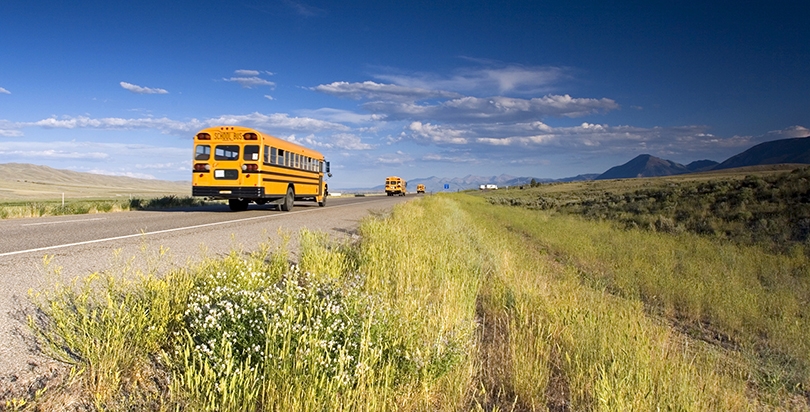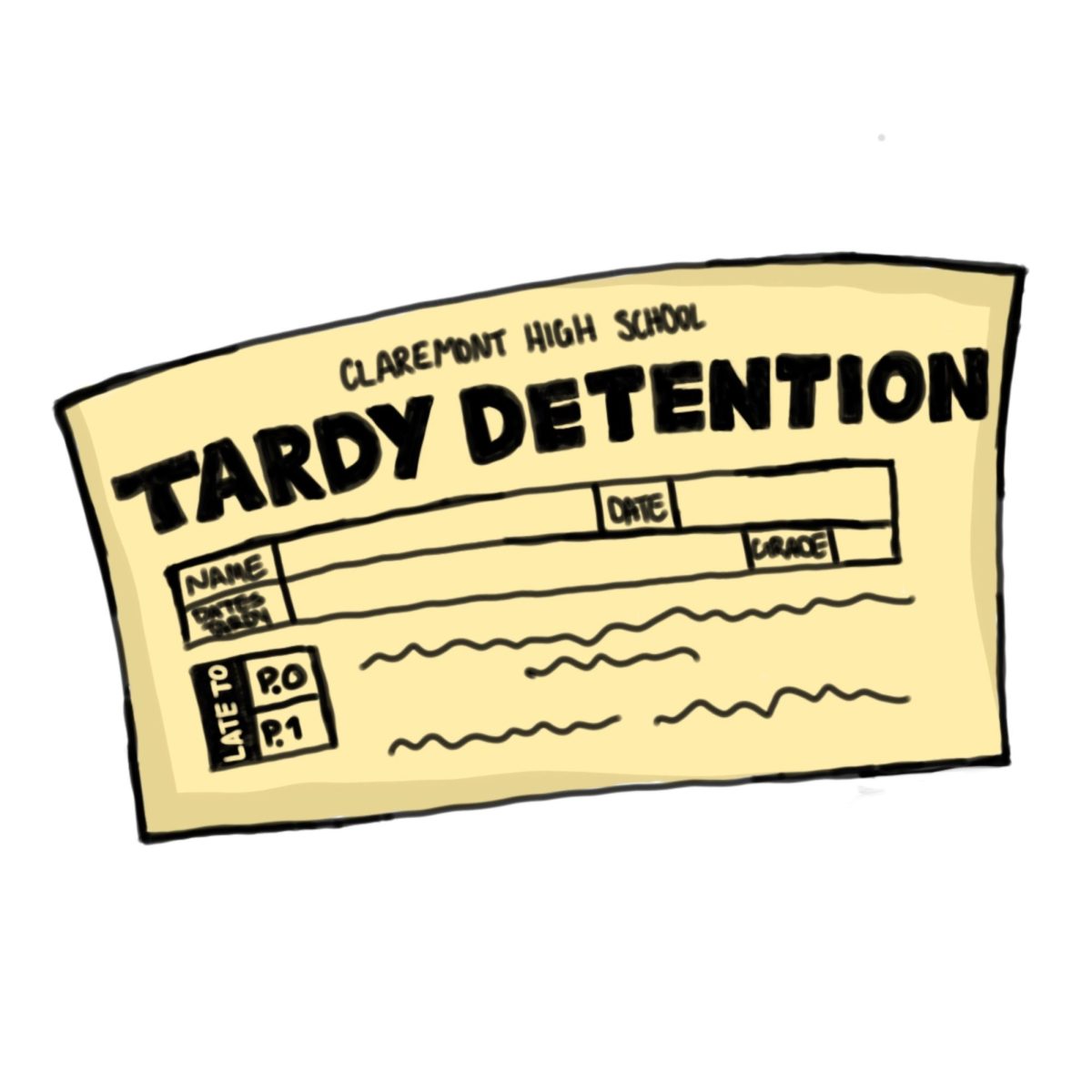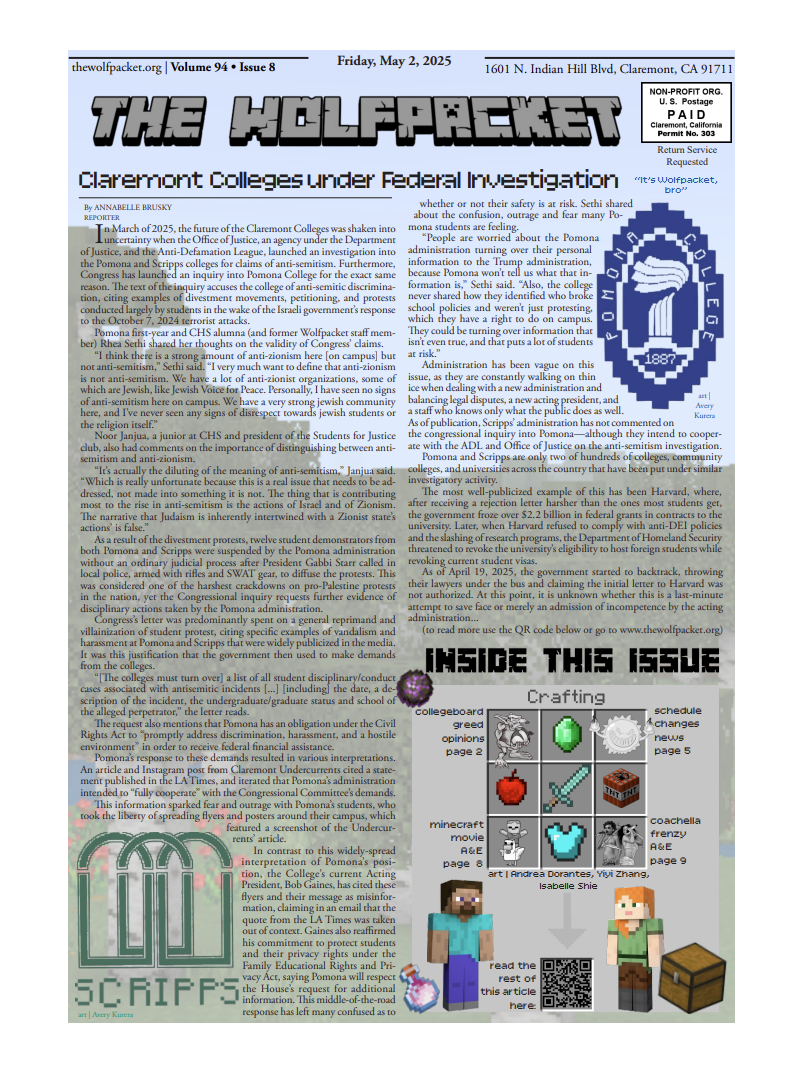Students at Claremont High School ought to count themselves lucky. With the help of state and federal funding, the student body at CHS has maintained easy access to free WiFi, free devices, free lunch, and so much more without having to pay so much as a cent for tuition. It is undeniably true that for such a large high school like CHS, money from the government is an often overlooked blessing. Unfortunately, schools in smaller rural areas usually fail to have a government-funded lifeline—and it appears that whatever they had may soon be gone. This is because the United States Congress has discontinued the Secure Rural Schools Act, a law that had been protecting rural school districts for a very long time.
The law, which supplies grants to schools in counties with large areas of forest that cannot be taxed for revenue, is one of the core funding sources rural schools across America utilize to develop. In 2024, $40 million was granted to 39 counties in California classified as existing in “rural” areas, allowing them to develop their educational programs and infrastructure. Nationwide, over 700 counties have received funding from this law, and school districts in these counties have seen markedly better student performance and satisfaction. Jaime Green, the superintendent of the severely underfunded Trinity Alps school district, agrees.
“We’re the most impoverished county in California,” Green said. “What’s the way to break the poverty cycle? A strong, loving education system of every person working for the goals of children.”
Conversely, the United States has already seen what could happen if rural communities do not get the funding that they need. In 2016, the Secure Rural Schools Act was not extended by Congress, causing the Trinity Alps school district to lose $600,000 in federal funds. With so much money lost, the school district was unable to pay for all of the repairs it had to do, resulting in toxic mold outbreaks that forced the school to close. In all, the state wound up having to spend $50 million in the district just so the school could reopen with numerous debilitating layoffs. Nearly a decade later, many schools are still recovering from pandemic layoffs and declining enrollment, with rural schools yet again being hit the hardest. If the same funding issues were to happen again, Trinity Alps would only be a precursor to a real nationwide issue.
Fortunately, there is a final chance to renew the Secure Rural Schools Act before the Government Funding Deadline on March 14. School supervisors plan to lobby in Washington D.C. before that time, holding faith that their good cause will prevail. James Gore, the Sonoma County Supervisor and one of these teacher lobbyists, shared his thoughts.
“It’s a catastrophe that no one knows about,” said Gore. “But we have an absolute responsibility to these small towns, who are the stewards of these largely unmanned federal lands.”
As attendants to an urban school, Claremont High students are not at risk. However, they must remain aware of the threats that the government can pose to their critical infrastructure and funding. Otherwise, budget cuts will take away the critical funding students need before they ever realize how lucky they really were.




















